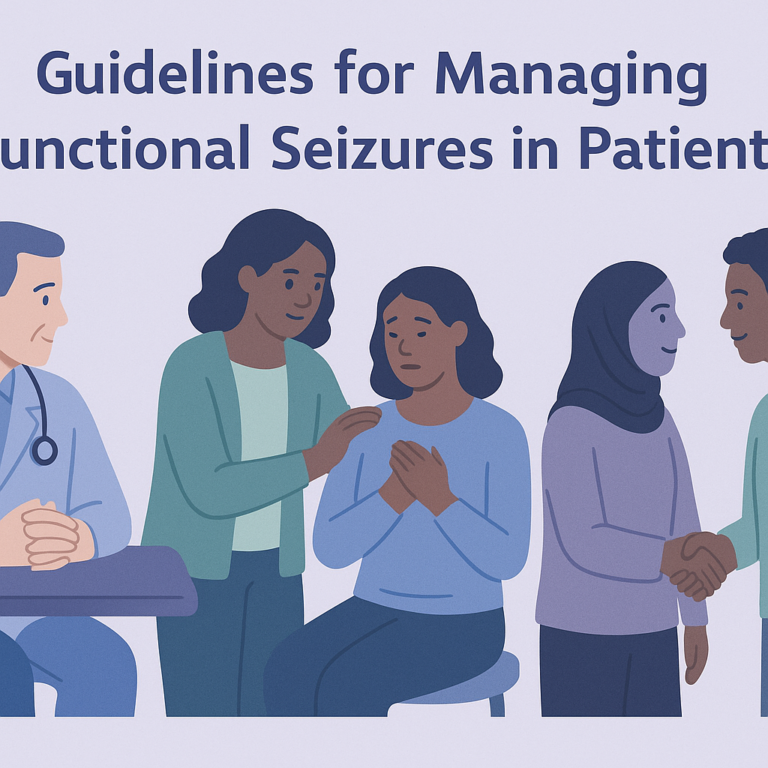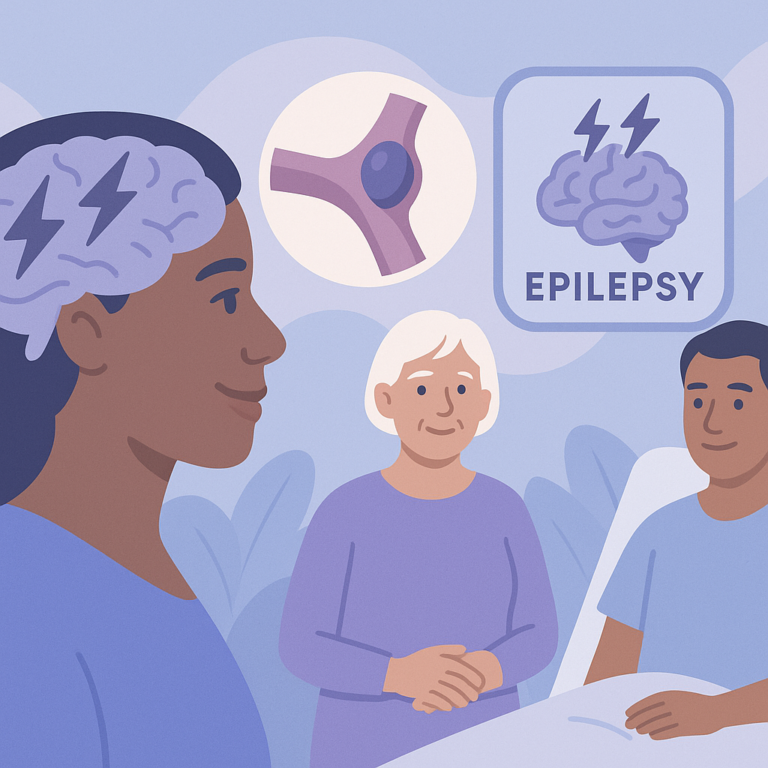Phenytoin’s Impact on Driving Safety and Performance
Summary
Researchers conducted a study to understand how the antiepileptic drug phenytoin affects driving performance and cognitive abilities. The study involved 30 neurologically healthy volunteers who were given either phenytoin or a placebo in a controlled setting. Participants were tested on their cognitive functions, such as attention and memory, and their driving skills using a driving simulator.
The main finding of the study was that phenytoin may impair cognitive functions, which in turn could negatively affect driving performance. While the exact size of the effect was not specified, the study aimed to show that taking phenytoin could lead to more driving errors compared to when participants were not on the medication. This suggests that phenytoin may pose risks for drivers, even if they are not experiencing seizures.
This research is important because it helps to highlight the potential risks associated with taking phenytoin while driving. However, it is essential to note that the study had a small number of participants and was observational in nature. More extensive research is needed to confirm these findings and to develop clear guidelines for driving safety among those taking antiepileptic medications.
Related reading
- Levetiracetam or Phenobarbital for Seizures in Children
- Levetiracetam May Cause Obsessive-Compulsive Disorder in Epilepsy Patients
- Research Trends in Pediatric Epilepsy Treatment From 2005 to 2025
- Vagus Nerve Stimulation Device Linked to Heart Issues
- Sleep Issues Worsen Attention Problems in Temporal Lobe Epilepsy
- Understanding Breathing Changes During Seizures and Their Risks
Free: Seizure First Aid Quick Guide (PDF)
Plus one plain-language weekly digest of new epilepsy research.
Unsubscribe anytime. No medical advice.





